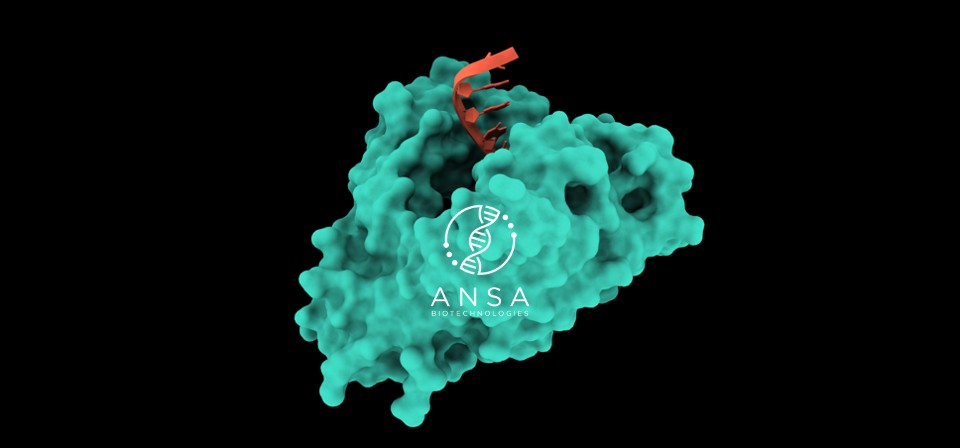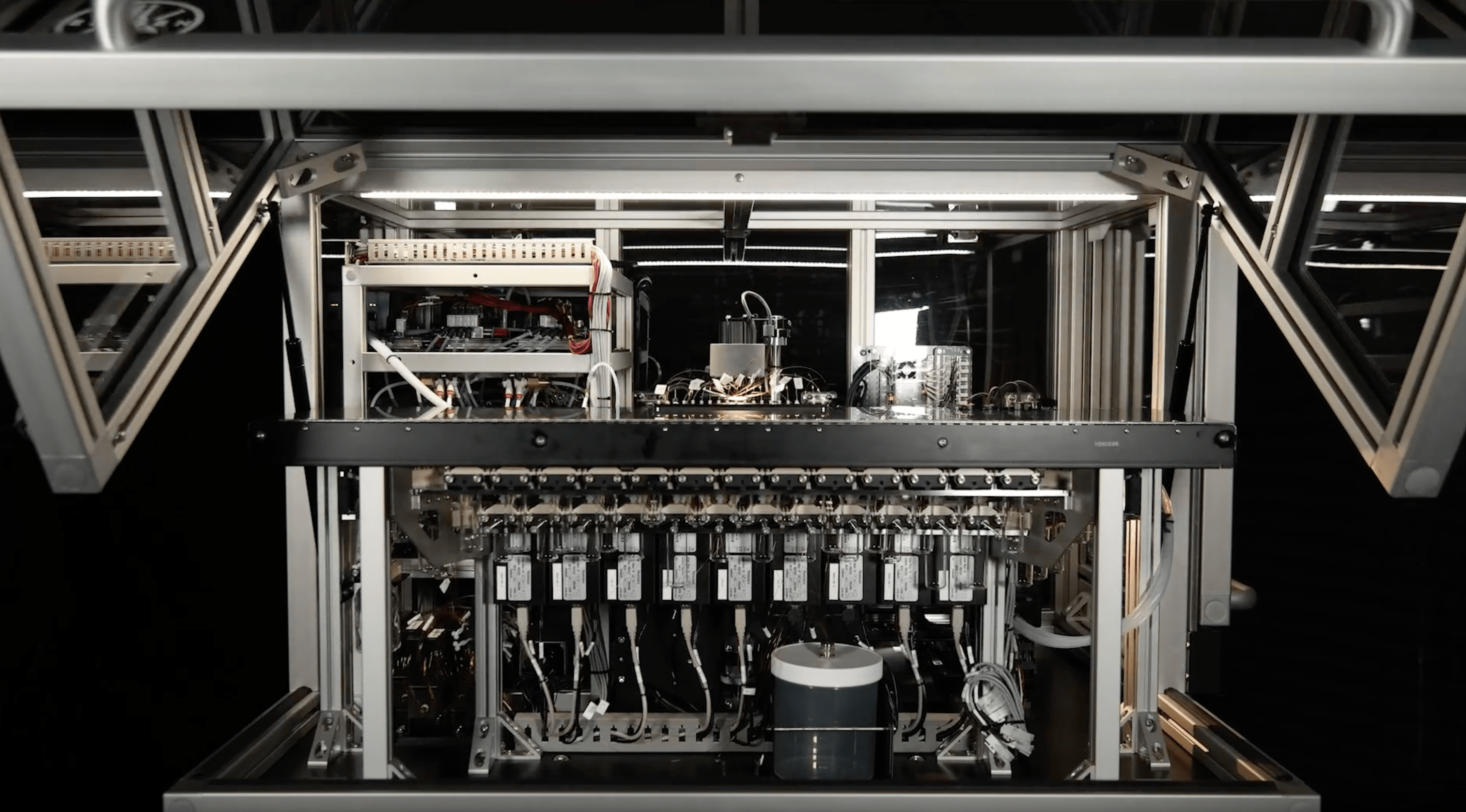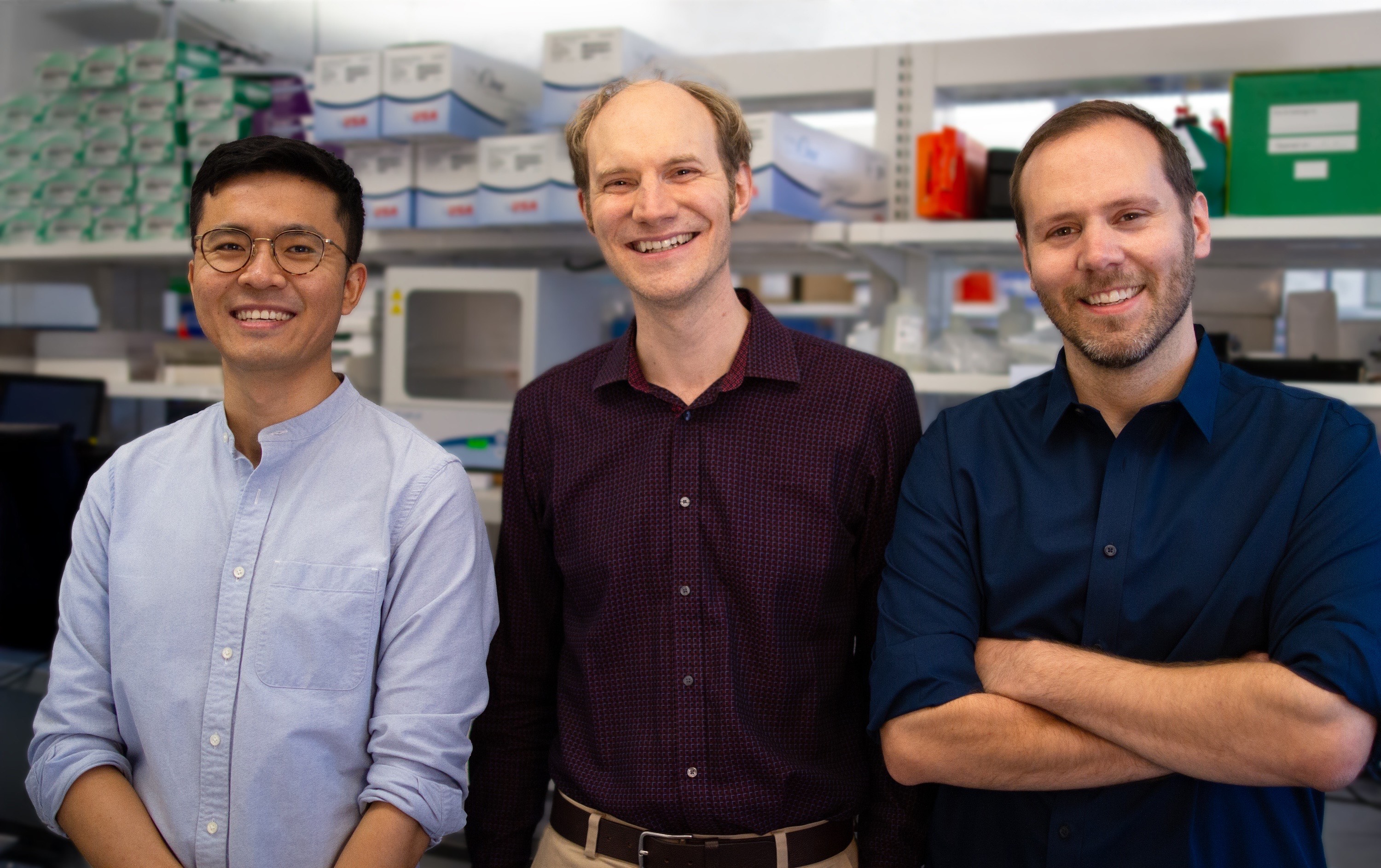miniPCR bio™ launches BioBits™ system for synthetic biology and STEM education
Cutting-edge technology for making proteins in a test tube now available to educatorsCAMBRIDGE, Mass., Sept. 12, 2019 /PRNewswire/ -- Today, miniPCR bio™ launched BioBits™, an advanced synthetic biology system that can perform biological experiments without the need for living cells or specialized equipment. The BioBits™ system enables protein synthesis at very low cost, making it ideal for educational uses ranging from the demonstration of fundamental cellular processes to hands-on synthetic biology. BioBitsTM is based on freeze-dried, cell-free technology developed by leading academic laboratories at the Massachusetts Institute of Technology (MIT) and Northwestern University.Dr. Ally Huang, BioBits™ co-inventor and program lead at miniPCR bio™, remarked "Hands-on experimentation is the best way to understand and learn science, but experiments that involve the use of living cells are often too difficult and expensive to carry out in most classrooms. We are excited to translate cutting-edge cell-free technology often utilized in research and medicine into novel educational tools that lower barriers to quality biology education."BioBits™ reactions contain all the biological components needed to carry out protein synthesis and thus remove the need for expensive equipment required to maintain living cells. Experiments are initiated by simply adding water and DNA. Once activated, the cell-free reactions can make a variety of proteins, from brightly colored fluorescent proteins to functional enzymes."The first commercial BioBits™ kit illustrates the central dogma of molecular biology, or how proteins are made, an abstract but foundational concept that is a required component of high school biology education," said Dr. Jessica Stark, BioBits™ co-inventor."We are delighted to welcome BioBits™ to our portfolio of STEM innovations" said Dr. Sebastian Kraves, miniPCR bio's co-founder. "Students from middle school to college thrive when given access to hands-on experimentation. With quick and easy activities that illustrate fundamental biological concepts, BioBitsTM is an excellent tool for enhancing biology education in any setting."BioBits™ was first developed as a collaboration between the laboratories of Jim Collins from MIT and Harvard and Michael Jewett from Northwestern University, where prototype classroom activities were created and published in peer-reviewed journals. In response to significant interest from the education community, the BioBits™ team partnered with miniPCR bio™ to translate this academic development into commercial products for educators and innovators globally.To learn more about BioBitsTM and miniPCR bio™ visit www.minipcr.comMedia contact
Sebastian Kraves, miniPCR bio: biobits@minipcr.comSOURCE miniPCR
http://minipcr.comSource: https://www.prnewswire.com/news-releases/minipcr-bio-launches-biobits-system-for-synthetic-biology-and-stem-education-300916857.html




.svg)





.png)



.jpg)

.gif)